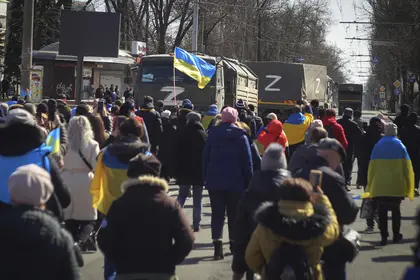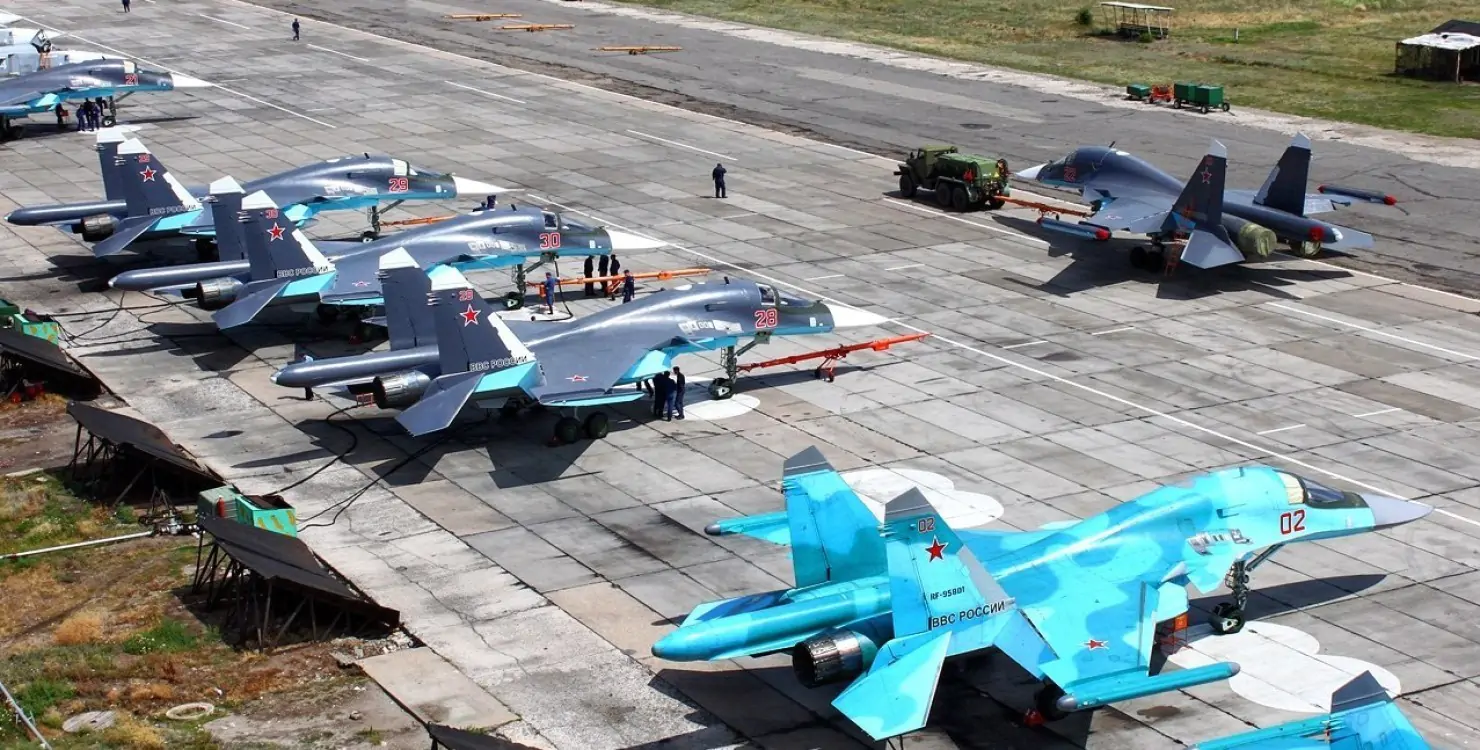Despite constant Ukrainian attacks on Russian military bases and the threat of a counter-offensive from Ukrainian troops, the Russian authorities controlling Ukrainian territory are hastily preparing for pseudo-referendums on the accession of the Kherson and Zaporizhzhia Regions to Russia. However, there is a possibility that hasty attempts to organize referendums in occupied territories will become a political disaster for the Russian authorities.
Russian occupation authorities in Zaporizhzhia Region have officially confirmed their intention to hold a referendum. Ukrainian President Volodymyr Zelensky has warned that if a vote is held Ukraine will finally withdraw from the negotiation process with Russia.
JOIN US ON TELEGRAM
Follow our coverage of the war on the @Kyivpost_official.
On August 8, Russian puppet, collaborator, and former Ukrainian MP of the Medvedchuk-led Opposition Platform-For Life Yevhen Balytsky (Yevgeny Balitsky) (signed an order on holding a referendum in Zaporizhzhia Region on joining Russia.
Part of Zaporizhzhia Region, including the cities of Melitopol and Enerhodar, is controlled by Russian forces. Russian authorities in Kherson Region, also partly occupied by Russian troops, have announced plans to hold referendums on joining Russia and created electoral commissions.
Kirill Stremousov, Russian collaborator and deputy head of the Kherson Military-Civilian Administration in Kherson Region said that voting for both territories could take place on the same day and is scheduled to take place in the first half of September.

Russia, Ukraine Exchange Over 300 POWs Ahead of New Year’s Eve
Any upcoming referendums in the south of Ukraine reveal Vladimir Putin’s desire to quickly consolidate politically the results of his “special operation” in Ukraine.
Such hasty actions by Russian occupying authorities, which do not even fully control the regions declared for the referendums, still under threat of a counter-offensive by Ukrainian troops, demonstrate Putin’s weak position. After all, he needs to demonstrate the success of the “special operation,” the results of which will fortify his power and existence.
But there are risks, as a possible counter-offensive would seriously damage Putin’s attempts to demonstrate results.
The residents of Kherson and Zaporizhzhia regions do not support the occupying authorities. Mass protests against them took place regularly until Russian troops began dispersing protesters with weapons. Partisans are highly active and assassination attempts are made against Russian collaborators on an almost daily basis. It will not be the second “Crimea” for Putin in the south of Ukraine.
Russian forces invaded Ukraine on February 24, 2022, and began seizing part of Zaporizhzhia Region. On February 26, the city of Berdyansk came under Russian control, after which Russia took Melitopol on March 1.
Russian troops also besieged and captured the city of Enerhodar, home to the Zaporizhzhia nuclear power plant, which came under Russian control on March 4.
The battles for Kherson began on February 24 and ended on March 2, with the occupation of the city by the Russian army.
You can also highlight the text and press Ctrl + Enter






